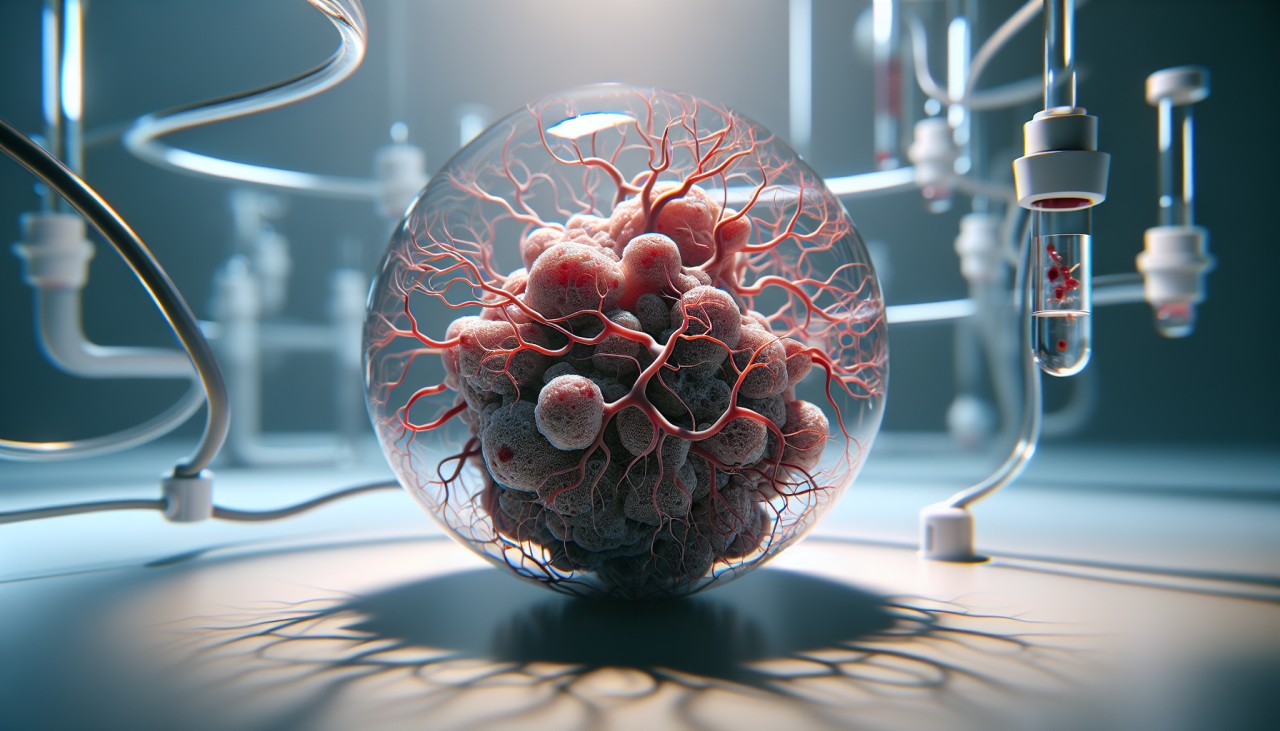In a groundbreaking study published in Science, researchers at Stanford University have developed the first lab-grown heart and liver organoids complete with their own blood vessels. This achievement addresses a major challenge in regenerative medicine: the lack of vascularization in lab-grown tissues. Without a functional blood supply, organoids cannot grow beyond a certain size or function effectively. By integrating endothelial cells that form blood vessels into the organoids, the team was able to create miniature hearts and livers that closely mimic human organs. These vascularized organoids not only provide more accurate models for studying human biology and disease but also hold promise for future regenerative therapies. news.stanford.edu
The development of vascularized organoids represents a significant step forward in the field of regenerative medicine. These mini-organs can be used to study the effects of drugs, model diseases, and potentially develop personalized therapies. For instance, the heart organoids could be used to test the effects of various drugs on heart tissue, while liver organoids could be used to study liver diseases. Additionally, these organoids could serve as models for studying early human development, as they closely resemble the cellular composition and structure of human organs. While more research is needed to fully realize the potential of vascularized organoids, this breakthrough opens up new possibilities for understanding and treating human diseases. news.stanford.edu
Key Takeaways
- Stanford researchers created lab-grown heart and liver organoids with blood vessels.
- Vascularization allows organoids to mimic human organs more accurately.
- These organoids can model diseases and test drug effects.
- They offer insights into early human development.
- Further research is needed to fully realize their potential.
